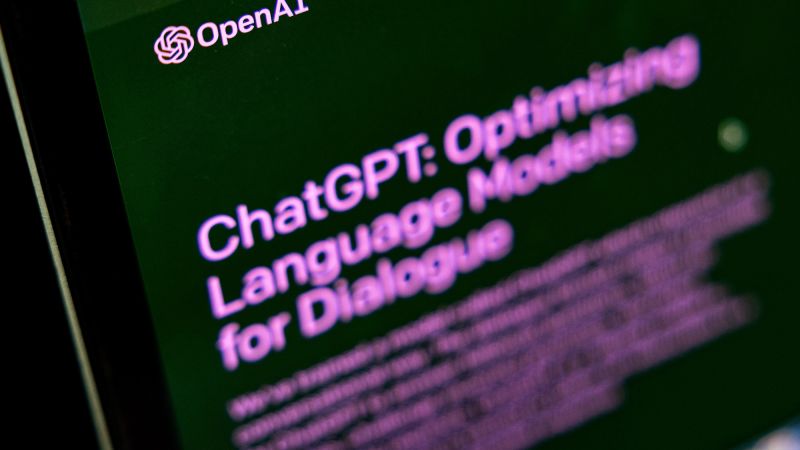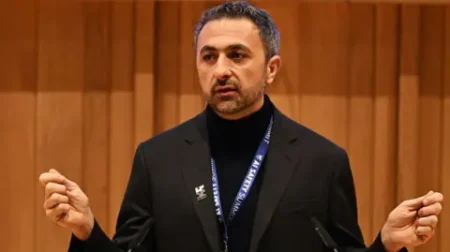Victor Miller, a 42-year-old resident of Cheyenne, Wyoming, recently made headlines when he filed paperwork to run for mayor in an unconventional manner. Rather than listing his own name, Miller submitted the name of a customized AI chatbot, dubbed VIC (short for “virtual integrated citizen”), to appear on the ballot. VIC, developed using technology from artificial intelligence company OpenAI, was intended to make all political decisions and assist in governing the city. Despite lacking affiliation with any political party, Miller believed that AI technology could enhance the functioning of local government.
In an interview with CNN, Miller expressed his belief in the potential of AI to improve various aspects of life, stating, “AI has helped me in my life personally … such as helping me with my resume.” He added, “I think it could add a layer to help a town. I really want to see that happen.” However, OpenAI informed CNN on Tuesday that it had revoked Miller’s access to the tool used to interact with voters, as the use of ChatGPT for political campaigning violated the company’s policies. OpenAI explicitly prohibits engaging in political campaigning and generating personalized campaign materials with its technology.
The decision to create VIC stemmed from an incident where Miller was denied access to city records due to his initial request being anonymous. Reflecting on this experience, Miller remarked, “If I was able to ask AI and interact with this new intelligence, it would have known the law and I would have gotten the records.” While the Cheyenne municipal clerk did not provide a comment on the denial of records, Wyoming Secretary of State Chuck Gray issued a statement asserting that an AI bot does not qualify as an elector under state law.
In another instance of AI technology intersecting with politics, Steve Endacott, the chairman of Neural Voice, utilized an AI chatbot named AI Steve to interact with voters on his campaign website as he vies for a seat in the UK Parliament. While Endacott did not respond to requests for comment, OpenAI confirmed taking action against his use of their AI models for campaigning purposes. Despite these developments, some experts caution against relying solely on AI for decision-making in government, emphasizing the importance of human judgment in political processes.
As concerns about misinformation and the use of AI in elections continue to grow, academics like Jen Golbeck from the University of Maryland advocate for AI’s supportive role rather than autonomous decision-making in government functions. David Karpf, a professor at George Washington University, dismissed the idea of AI chatbots running for office as a mere gimmick and emphasized the need for human decision-making in governance. While amused by the novelty of AI political candidates, Karpf stressed the importance of maintaining focus on serious electoral matters.
Despite the setbacks faced by Miller and Endacott in their AI-driven campaigns, Miller remains hopeful that his efforts will pave the way for more AI candidates to emerge on the political scene. Expressing his vision for the future, Miller declared, “I think this can expand beyond the mayor and Parliament, and [reach the whole] world.”











